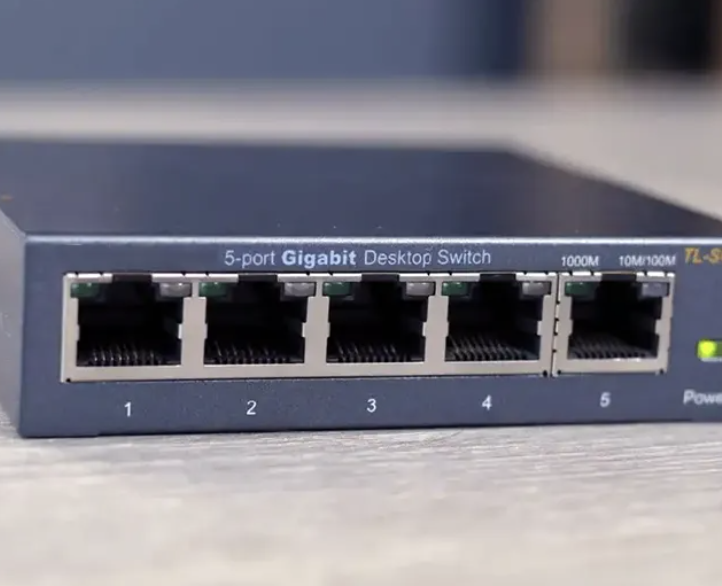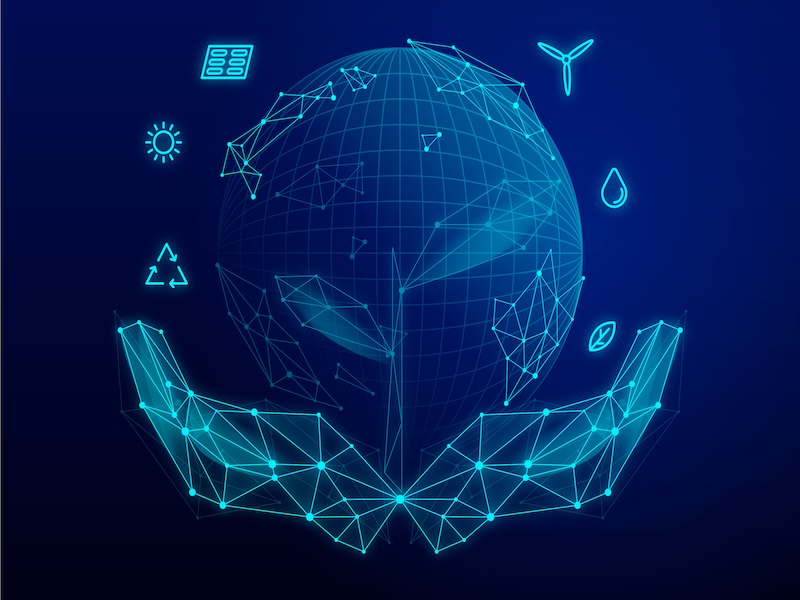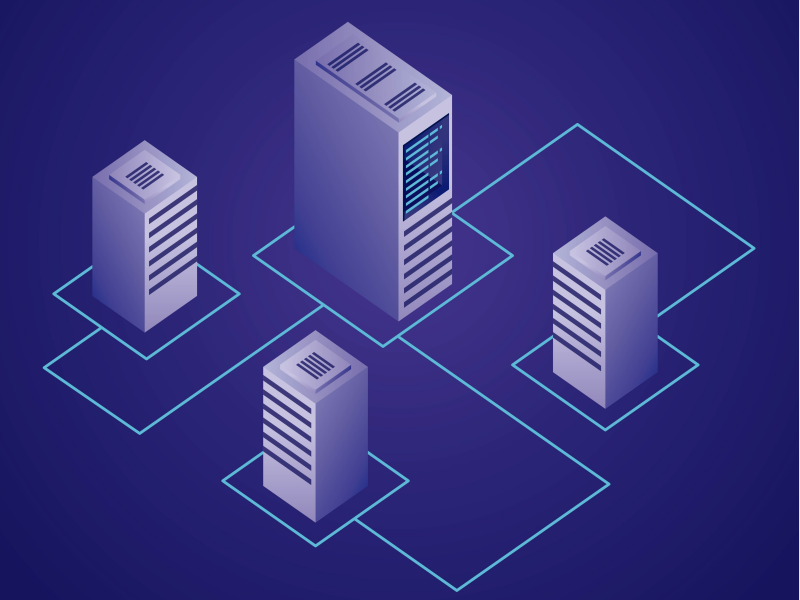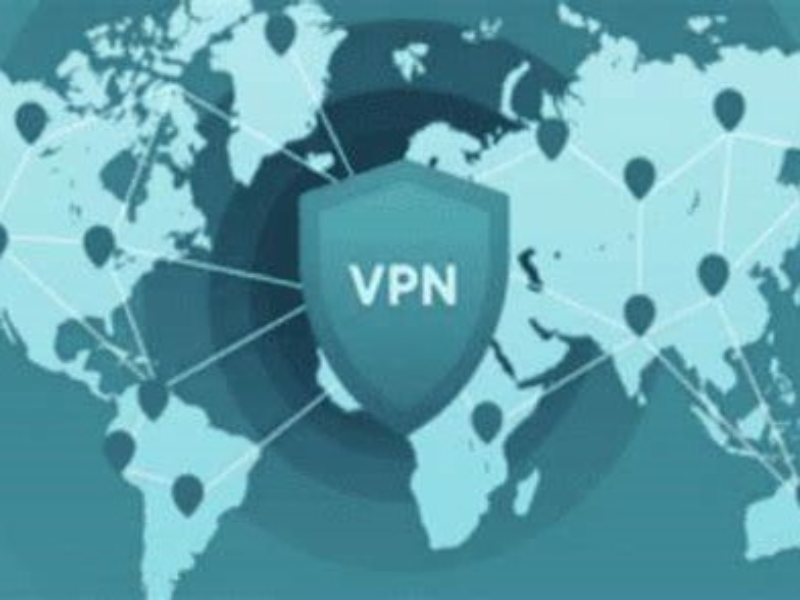- A VPN creates a secure, encrypted connection over the internet, protecting your data and masking your IP address to ensure privacy.
- VPNs enhance privacy, secure data, and bypass geo-restrictions. They are commonly used for remote work, streaming, and securing online activities.
Virtual Private Networks (VPNs) have emerged as a crucial tool for maintaining online privacy, securing internet connections, and accessing restricted content. Whether you’re working remotely, streaming content, or simply browsing the web, using a VPN can protect your sensitive data from prying eyes and cyber threats.
In this comprehensive guide, we’ll explore the fundamentals of VPN technology, how it works, its many benefits, and its various use cases. We’ll also examine the different types of VPNs and how they can serve both personal and professional needs. As the renowned technologist Tim Berners-Lee once said, “The web does not just connect machines, it connects people.” And with a VPN, this connection becomes safer and more secure, allowing individuals and businesses to confidently navigate the internet.

Also read: Can a VPN resolve packet loss?
Also read: Exploring VPN usage: Does it increase bandwidth usage?
What is a VPN?

A Virtual Private Network (VPN) is a technology that enables you to create a secure and encrypted connection over a less secure network, like the public internet. It acts as a private tunnel through which your internet traffic is routed, keeping your data safe and your online activities private. VPNs are commonly used to safeguard sensitive data from hackers, avoid data collection from third parties, and access geo-restricted content, among other things.
A VPN service typically involves a dedicated server that encrypts your internet traffic and routes it through that server, effectively masking your online footprint. By doing so, it prevents others, such as hackers or even internet service providers (ISPs), from monitoring your online activities or gaining access to your personal information.
“Privacy is not something that I’m merely entitled to, it’s an absolute prerequisite,”said the famous digital privacy advocate, Marilyn vos Savant. This sentiment is precisely why VPNs have become indispensable in the digital age.
Privacy is not something that I’m merely entitled to, it’s an absolute prerequisite
Marilyn vos Savant, the famous digital privacy advocate
Also read: Does a VPN safeguard Your online privacy and security?
Also read: Proton VPN reports 4000% spike in Venezuelan users
How Does a VPN Work?

Understanding how a VPN works can shed light on why it’s such a powerful tool for online security. When you connect to a VPN, your device (whether it’s a computer, smartphone, or tablet) establishes a secure, encrypted tunnel to a VPN server.
Here’s a breakdown of the process:
1. Establishing a connection
When you initiate a connection to a VPN server, the device establishes a secure tunnel using encryption protocols. This process ensures that any data passing through the tunnel is scrambled and unreadable to outsiders.
2. Data encryption
Once the secure connection is established, all internet traffic—whether you’re browsing the web, sending emails, or using apps—is encrypted before it even leaves your device. This encryption makes it extremely difficult for anyone to intercept or view your online activities, even if they have access to the network you’re connected to.
3. Routing through the VPN server
Your encrypted traffic is sent to the VPN server, which decrypts the data and sends it to the intended destination on the internet, such as a website or streaming service. The server then returns the requested data, encrypts it again, and sends it back to you through the secure tunnel.
4. Masking your IP address
One of the key benefits of using a VPN is that it masks your IP address. Instead of your actual IP address being visible to the websites and services you access, the IP address of the VPN server is displayed. This helps to maintain your anonymity online and prevents websites from tracking your real location or identity.
The great computer scientist Alan Turing once said,“We can only see a short distance ahead, but we can see plenty there that needs to be done.” When it comes to securing your digital footprint, a VPN enables you to take proactive steps toward safeguarding your privacy and ensuring that your data is protected, no matter where you are.
We can only see a short distance ahead, but we can see plenty there that needs to be done.
Alan Turing, a great computer scientist
Also read: What is peer-to-peer (P2P) VPN and is it safe?
Also read: Apple blocks 25 VPN apps in Russia
Benefits of Using a VPN

1. Enhanced privacy
One of the most significant reasons people use VPNs is to enhance their privacy while browsing the internet. With a VPN, your online activities are shielded from prying eyes, including hackers, advertisers, and even your ISP. The encryption ensures that your browsing history, search queries, and communications remain private.
The American privacy advocate Edward Snowden stated,“The greatest threat to our personal privacy is the loss of control over our own data.” A VPN empowers you to regain control over your data by keeping it hidden from surveillance and monitoring.
2. Data security
By encrypting your data, a VPN ensures that sensitive information—like passwords, personal messages, and financial details—is protected from cybercriminals. This level of protection is especially important when using public Wi-Fi networks, which are notoriously vulnerable to attacks like man-in-the-middle attacks.
“Cybersecurity is much more than a matter of IT,” said Stephanie Douglas, former CIA officer. It is about national security, economic health, and the safety of all citizens.”A VPN is a vital tool in this broader fight for security in an increasingly connected world.
3. Bypassing geo-restrictions
Many services, particularly streaming platforms like Netflix, Hulu, and BBC iPlayer, restrict access to their content based on geographic location. A VPN allows you to bypass these restrictions by routing your traffic through a server located in a different country. This makes it appear as if you are accessing the service from that country, granting you access to content that would otherwise be unavailable.
“The internet is becoming the town square for the global village of tomorrow,” said Bill Gates. A VPN helps you tap into the global village by granting you unrestricted access to digital content, regardless of your location.
The internet is becoming the town square for the global village of tomorrow
Bill Gates, the father of the Internet
4. Remote access for businesses
In the corporate world, VPNs are essential for enabling remote workers to securely connect to company networks from any location. By using a VPN, employees can access company resources, such as internal documents or databases, without compromising security.
As Steve Jobs famously put it,“Innovation distinguishes between a leader and a follower.” A business that embraces secure remote access via a VPN can stay ahead in the competitive digital landscape by enabling employees to work efficiently and securely from anywhere.
5. Online anonymity
Another significant advantage of using a VPN is that it helps maintain your anonymity online. By hiding your IP address and masking your online identity, a VPN makes it more difficult for websites, advertisers, and even governments to track your activities. This is especially crucial for individuals who want to avoid surveillance or censorship.
Also read: Are VPN apps safe?
Also read: YouTube cancels Premium subscriptions using VPN
Common Use Cases for VPN Connectivity

1. Streaming and entertainment
VPNs are popular among individuals who want to access streaming services unavailable in their region. By connecting to a server in a different country, users can unblock shows, movies, and live sports events that would typically be restricted due to geo-blocking.
A VPN can also improve streaming speeds by bypassing throttling restrictions that ISPs sometimes impose. This is particularly useful when streaming high-definition or 4K content, which can require a stable and fast connection.
2. Business and remote work
The rise of remote work has increased the demand for VPNs. Companies now rely on VPNs to ensure that employees can securely access the company’s internal network from anywhere in the world. Whether for accessing sensitive data or communicating with colleagues, a VPN enables businesses to maintain secure operations in a distributed environment.
3. Traveling and staying secure on public Wi-Fi
While traveling, particularly in countries with strict internet censorship, a VPN can be a lifesaver. It allows users to bypass government-imposed restrictions and access websites and services that may be blocked. Furthermore, it secures connections when using public Wi-Fi, ensuring that travelers are protected from cyber threats while staying connected on the go.
4. Online gaming
Gamers often use VPNs to reduce lag and latency when playing online games. By connecting to a server that is geographically closer to the game’s server, players can improve their connection speed, leading to a smoother gaming experience. VPNs also help gamers access games that may be restricted in certain regions.
5. Protecting privacy against surveillance
Individuals concerned about government surveillance or corporate data collection use VPNs to protect their online privacy. By using a VPN, users can encrypt their traffic, making it harder for anyone to track or monitor their activities.
Also read: Demystifying anti-DDoS VPN: Enhancing cyber security
Also read: Which VPN tunnel type uses an Internet Key Exchange (IKE)?
Types of VPNs

VPN technology comes in various forms, each designed for specific needs. Here are the most common types:
1. Remote access VPNs
These are commonly used by individuals or remote workers to securely connect to a private network from a remote location. They are ideal for personal use, especially for accessing geo-restricted content or protecting privacy while browsing the web.
2. Site-to-site VPNs
Also known as router-to-router VPNs, these are primarily used by businesses to create secure and private networks across multiple locations. Site-to-site VPNs enable secure communication between branch offices, remote locations, and company data centers, ensuring that sensitive business data is protected.
3. SSL/TLS VPNs
These VPNs utilize Secure Sockets Layer (SSL) or Transport Layer Security (TLS) protocols to offer secure access to web-based applications. They don’t require any special software installation, making them ideal for accessing internal web applications securely, especially in business environments.
How VPNs Protect Against Cyber Threats and Data Breaches

As the digital world continues to grow, so do the risks associated with cyber threats and data breaches. From hackers attempting to steal sensitive information to sophisticated malware designed to infiltrate personal devices, internet security has become a major concern for users globally. VPNs provide an added layer of protection by ensuring that your online activities are encrypted, making it significantly harder for attackers to access your data. For example, when using a public Wi-Fi network—where malicious actors often target unsuspecting users—a VPN creates a secure tunnel for your internet traffic. This means that even if hackers manage to intercept your data, it will be encrypted and unreadable without the decryption key.
Furthermore, VPNs help protect your personal information from data breaches, which have become a frequent occurrence in today’s digital landscape. Companies, government entities, and even large tech firms often store massive amounts of personal data, which can be vulnerable to cyber-attacks. By masking your IP address and routing your traffic through a secure server, a VPN helps to prevent your personal information from being exposed during a data breach. As cybercrime continues to evolve and the potential consequences of security failures grow, VPNs serve as an essential tool for anyone seeking to safeguard their digital identity and ensure their online activities remain secure.
The Legal and Ethical Considerations of Using a VPN

While VPNs offer a variety of benefits, it is important to consider the legal and ethical implications of using such technology. In many regions, VPNs are entirely legal and even encouraged for enhancing privacy and security, but in certain countries, VPN usage is either restricted or outright banned due to government concerns over censorship and surveillance. For example, nations with strict internet censorship laws—like China, Russia, and the United Arab Emirates—have implemented measures to prevent the use of VPNs, seeing them as tools that could undermine their control over internet traffic. In these regions, individuals who use VPNs can face legal consequences, such as fines or imprisonment, depending on local laws and enforcement practices.
Ethically, while VPNs can be used to protect privacy and bypass censorship, they can also be employed to circumvent geo-restrictions or access content in ways that may violate terms of service agreements. For instance, some users may use VPNs to stream content from platforms like Netflix or Hulu that is restricted in their region, effectively violating the platform’s policies. As the use of VPNs grows in popularity, the balance between privacy protection and adhering to legal and ethical standards will continue to be a point of debate. It’s important for users to stay informed about the laws in their country and to use VPNs responsibly, keeping in mind both their right to privacy and the broader implications of their online activities.
A VPN (Virtual Private Network) creates a secure, encrypted connection between your device and a server operated by the VPN service. This process ensures that all data exchanged between your device and the internet is protected from prying eyes, including hackers, ISPs, and even government surveillance. Essentially, it acts as a private tunnel for your internet traffic.
A VPN enhances your online privacy and security by encrypting your internet connection. It prevents third parties from tracking your browsing activities, protects your sensitive data from cybercriminals (especially on public Wi-Fi networks), and allows you to bypass geo-restrictions to access content from other countries.
Yes, a VPN can help you bypass internet censorship by masking your IP address and routing your traffic through a server in a country where the content you want to access isn’t restricted. This allows you to access websites, social media platforms, and services that might be blocked or censored in your location.
In most countries, using a VPN is completely legal. However, some countries impose restrictions on VPN use or have specific regulations about what kind of internet activity is allowed while using a VPN. Always make sure to understand the laws of the country you are in before using a VPN.
While a VPN may slightly reduce your internet speed due to the encryption process and the extra step of routing traffic through a VPN server, the impact is typically minimal. Choosing a high-quality VPN service with fast servers can help reduce the slowdown and provide an optimal experience.

